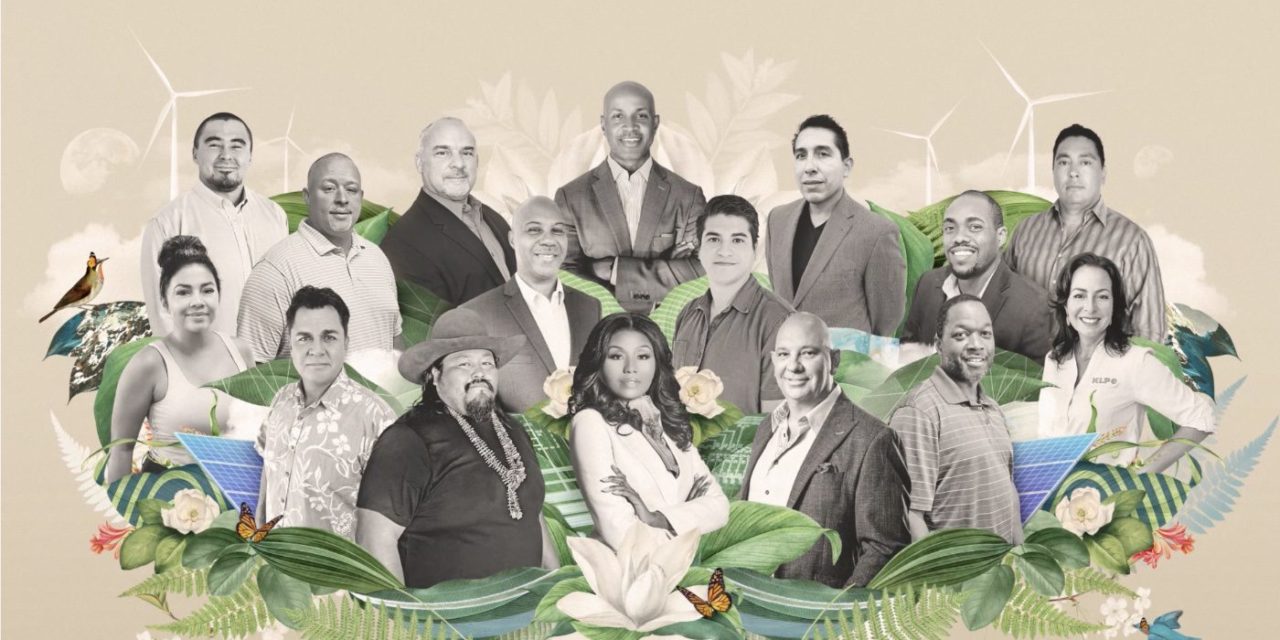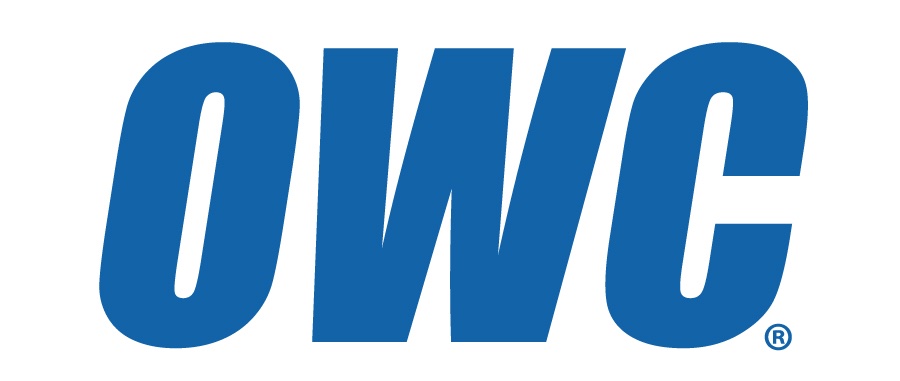Apple has introduced its second Impact Accelerator class — a cohort of 16 Black-, Hispanic/Latinx-, and Indigenous-owned businesses working on the “cutting edge” of environmental services and solutions.
Part of the company’s Racial Equity and Justice Initiative, the Impact Accelerator will provide training and mentorship to help propel the selected businesses toward the next stage of growth while advancing a shared goal of creating a greener world.
“The fight to address climate change demands that we band together to develop innovative solutions while empowering and uplifting the communities we’re working to protect,” Lisa Jackson, Apple’s vice president of Environment, Policy, and Social Initiatives, said in a press release. “We are thrilled for this dynamic group of innovators to take their important work to the next level with help from our Impact Accelerator, and we are proud to deepen our commitment to working with partners around the country to ensure that environmental progress and equity go hand in hand.”
The companies will participate in a three-month program aimed at accelerating progress toward their goals. Executives and their teams will receive customized training that provides the knowledge and tools needed to succeed as an Apple supplier, access to Apple mentors and experts to help align business priorities with environmental goals, and scholarship opportunities with leading executive education programs focused on supply chain and growth.
Following the program, the companies will be considered for business opportunities with Apple as it works to achieve carbon neutrality across its entire manufacturing supply chain by 2030. Apple has been carbon neutral for its corporate operations since 2020.
The Impact Accelerator program launched last year with the goal of ensuring that the company’s strategic work and investments to protect the environment also help expand access to opportunity for communities of color.
Apple says that, since their participation in the program, companies in the inaugural Impact Accelerator class have seen increased recognition for their work within their sector and local communities, built connections with public- and private-sector leaders advancing climate-based solutions at the local and state levels, and seen their overall business opportunities expand. Several are currently working with Apple as part of the company’s supply chain network, and every company has participated in selective opportunities to be assessed for potential business with Apple.
Article provided with permission from AppleWorld.Today




